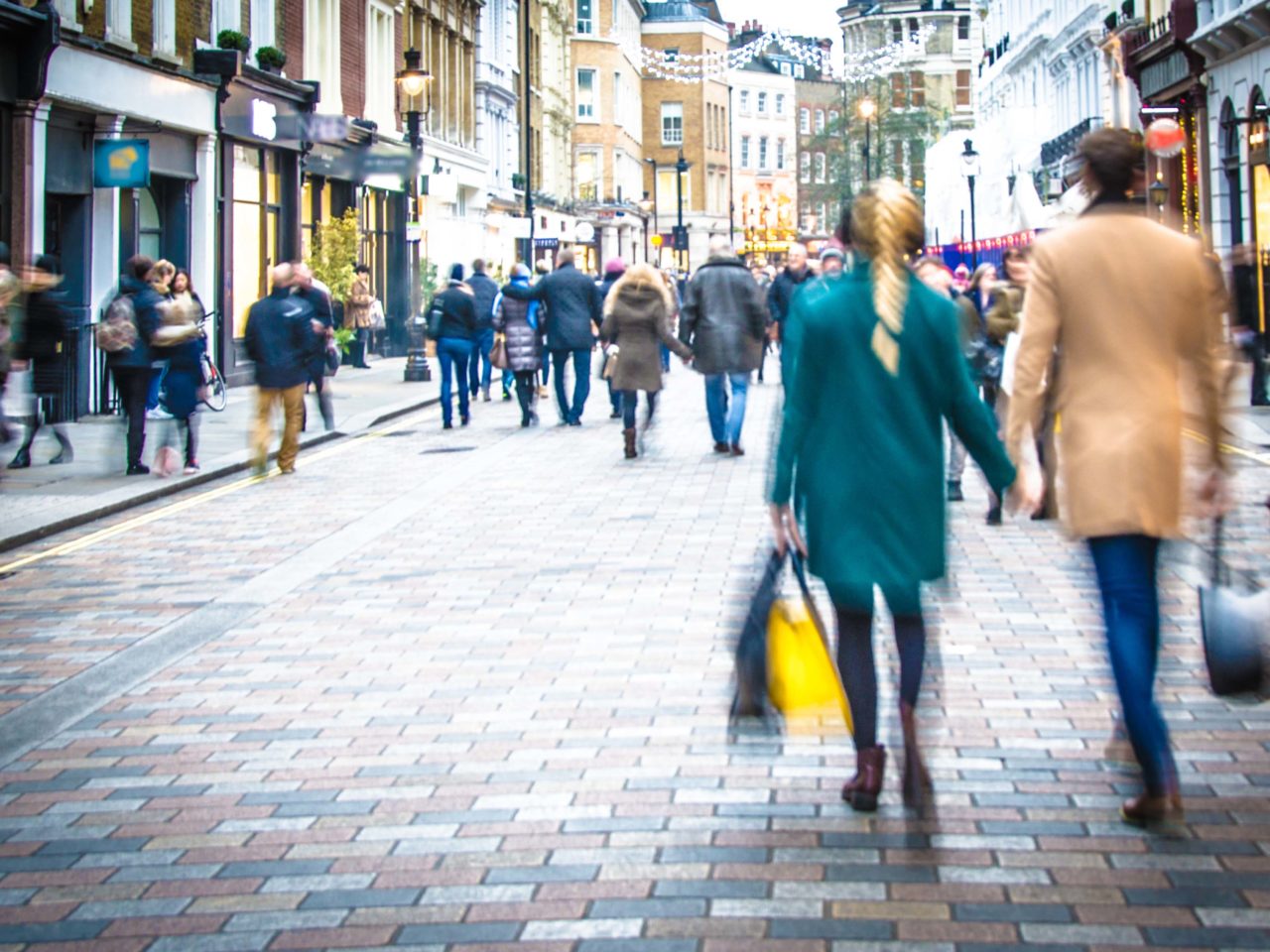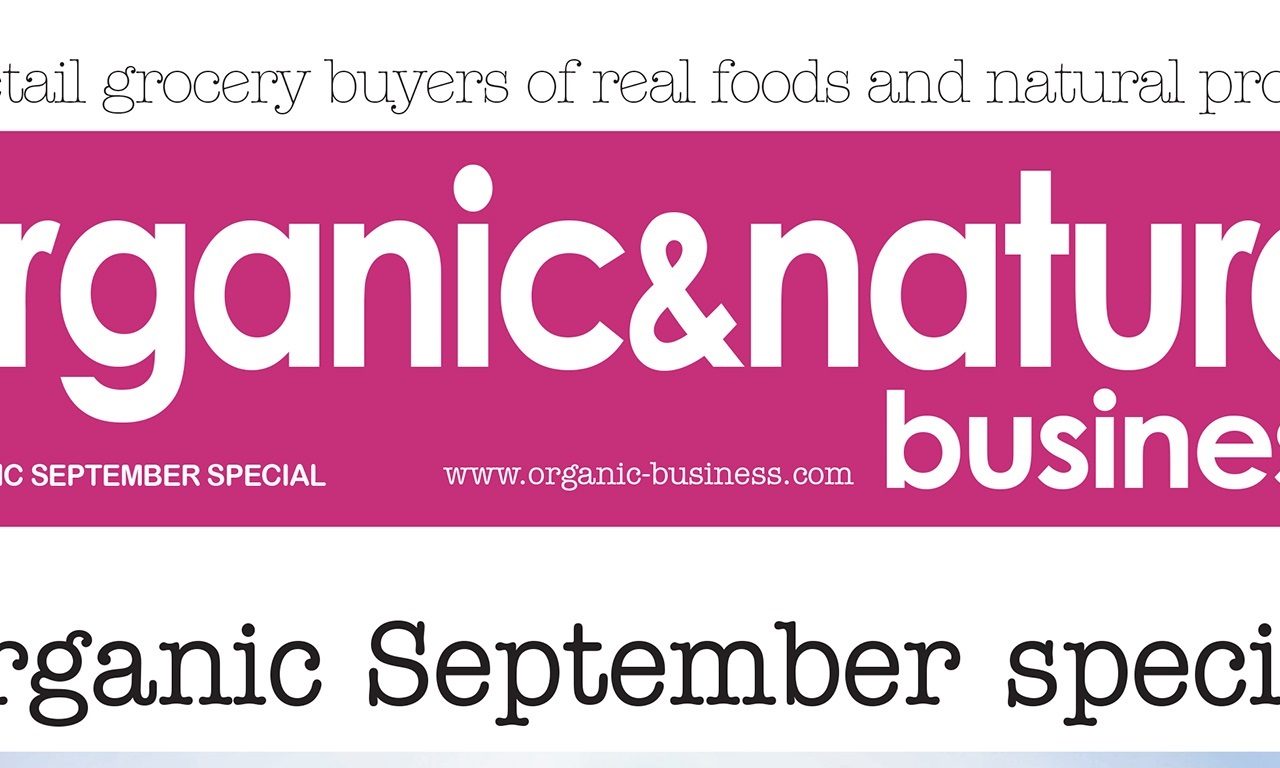
Two retail organisations have revealed a less than positive picture on the high street this summer.
The British Retail Consortium (BRC) has highlighted that on a total basis, sales increased by just 0.3 per cent in July, against an increase of 1.6 per cent in July 2018. This is the lowest figure recorded for the month of July since the BRC’s records began in 1995 and comes after the worst June on records. This is above the three-month average of -1.3 per cent but below the 12-month average of 0.5 per cent and is the lowest 12-month average on records.
The BRC also revealed that over the three months to July, food sales decreased one per cent on a like-for-like basis and 0.3 per cent on a total basis. This is below the 12-month total average growth of 1.8 per cent and the lowest three-month average since December 2014, excluding Easter distortions.
Helen Dickinson OBE, Chief Executive at the BRC, commented: “While retailers will welcome the return to growth, it has nonetheless been a punishing few months for the industry. The combination of slow real wage growth and Brexit uncertainty has left consumer spending languishing, with the 12-month average total sales falling to a new low of just 0.5 per cent. Whereas last year’s glorious sunshine and World Cup Finals led to strong consumer demand over the summer, this year has been weak in comparison, with both June and July showing the lowest sales on record for their respective months.
“The challenging retail environment is taking its toll on many high street brands, who must contend with rising import costs, a multitude of public policy costs, and ever higher business rates. A coherent strategy for retail is needed. The Government should freeze future business rates rises and fix the appeals system before embarking on a wholesale reform of this broken tax system.”
Paul Martin, UK Head of Retail at KPMG, added: “While any growth is welcome after two months of decline, it’s clear that most players need more than sunshine to get back on their feet. With consumer confidence holding up in the face of prolonged Brexit uncertainly, shoppers are notably disengaged overall. The pressure continues to build between online and physical offerings, costs continues to rise, and the demands of consumers continue to grow. The key question is, who can handle the heat?”
In separate research, the British Independent Retailers Association (Bira) has revealed a disappointing quarter, with an average fall in sales of 2.94 per cent compared to the same three months in 2018. Scotland saw the sharpest fall in the UK compared to April, May and June in 2018, while East Anglia was the only region reporting that sales had increased marginally, by an average of 1.32 per cent.
Andrew Goodacre, CEO of Bira, commented: “These results reflect the testing times independent retail is facing. However, independent business owners are nothing if not resilient and they will continue to fight and develop to save themselves. One of the greatest things about being independent is that they can be nimble and change quickly to adapt to changing trends, unlike the bigger retailers. This gives independent retailers an edge and we are seeing lots of our members diversifying to allow them to offer products and services that shoppers need to come to the high street for and can’t just buy online.”

Organic September has begun, and there has never been a better time for such an important campaign.

The Soil Association has revealed a new league table ranking children’s food at 28 popular chains, with some accused of offering irresponsible menus.
The Out to Lunch league table, compiled by the Soil Association with a team of secret diner children and parents, has persuaded 13 chains to commit to serving two portions of veg with every child’s meal within the next 12 months.
JD Wetherspoon topped the league table, followed by Ikea and Harvester, with organic and sustainable ingredients and lots of veg on the menu. Children’s meals in the highest scoring chains were on average £1 cheaper than meals in the lowest scoring chains, showing that price isn’t a barrier to good food.
But even with an increase in fresh vegetables and organic food across the high street, many chains are serving children unhealthy and unsustainable meals – despite 88 per cent of parents saying that children’s food in high street chains isn’t good enough, and 70 per cent saying environmental sustainability is important to them.
One such offender was Marks & Spencer Café, which serves no veg on the children’s menu, and several chains are offering excessively sugary puddings. Hungry Horse’s Mini-Mania Sundae was found to contain 56.2g of sugar and 495kcal, more than double a child’s daily sugar allowance. Several chains, including Bella Italia and Giraffe, were found to be serving children single-use plastics, such as cups and straws and others, such as Las Iguanas and Café Rouge, are “dishing up deforestation” by serving meat fed with uncertified animal feed.
Supermarket cafes, which serve millions of meals each year, were included in the league table for the first time alongside high street chains. They generally scored near the bottom of the table, with no British meat served at Tesco Café, mouldy fruit at Morrisons Café, and ASDA Café declining to say whether they use free range eggs.
Hattie Shepherd, Soil Association Policy Officer, commented: “Out to Lunch has kickstarted a veg revolution on the high street, with more than a dozen chains committing to serving two portions of veg with every child’s meal. But many chains are being irresponsible and failing to offer children the food they deserve. Parents would be shocked if they knew popular chains were dishing up deforestation to their children – especially when it’s clear from top performing chains like Wetherspoon and Ikea that cost isn’t a barrier to healthy and sustainable food. And why are British chains and supermarkets sourcing meat from Thailand and China over British farmers? Our children deserve better.”
In response to the campaign, 13 chains have committed to serving two portions of veg with every child’s meal within the next 12 months – Harvester, Ikea, ASK Italian, Zizzi, Giraffe, Hungry Horse, Wetherspoon, Prezzo, Leon, Wahaca, Wagamama, Sainsbury’s café and Brewers Fayre.
An M&S spokesperson told Organic & Natural Business: “Our apple slices pot, as well as loose apples, satsumas and bananas, are all offered as part of our M&S café kids meal deal. Prior to this survey, we’ve already begun looking at extending our kids menu to offer more great quality, fresh food choices for families visiting our cafes.”